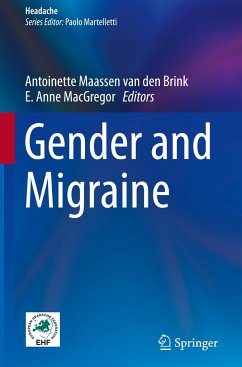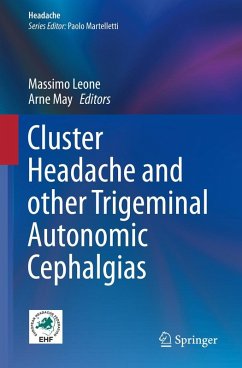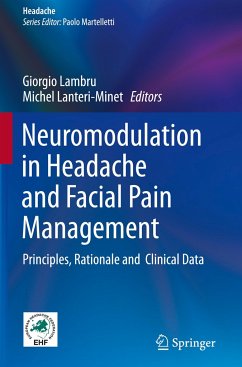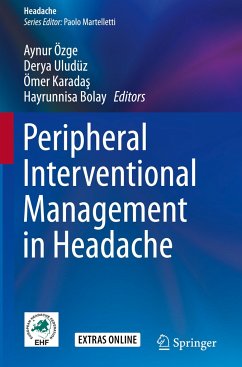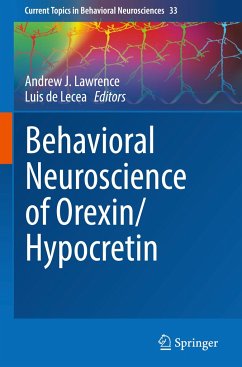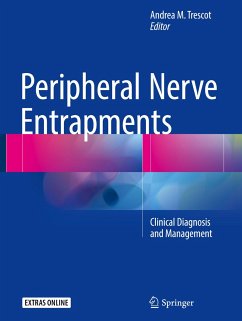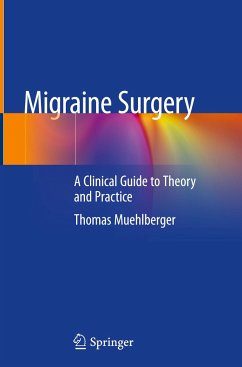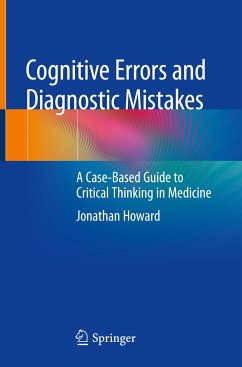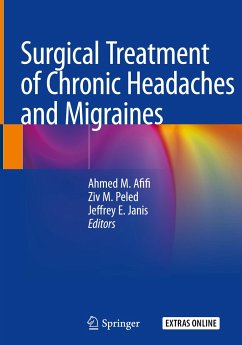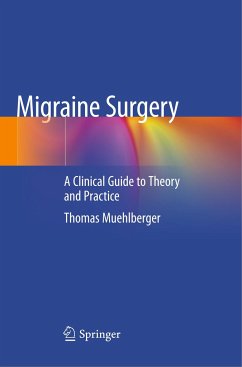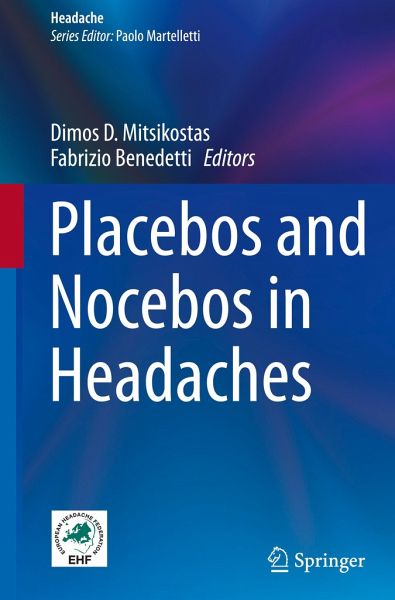
Placebos and Nocebos in Headaches

PAYBACK Punkte
34 °P sammeln!
This book discusses the role of placebos and nocebos in the treatment of headache disorders. These disorders are usually treatable, but safety and tolerability issues mean that available preventive treatments have often limited success, even in the right hands - one in five patients treated with a migraine preventive pharmaceutical agent discontinues treatment for those reasons. The nocebo effect plays a role here, with patients' negative expectation and previous unpleasant treatment experiences creating negative belief in the treatment's benefits and safety, which in turn limits treatment out...
This book discusses the role of placebos and nocebos in the treatment of headache disorders. These disorders are usually treatable, but safety and tolerability issues mean that available preventive treatments have often limited success, even in the right hands - one in five patients treated with a migraine preventive pharmaceutical agent discontinues treatment for those reasons. The nocebo effect plays a role here, with patients' negative expectation and previous unpleasant treatment experiences creating negative belief in the treatment's benefits and safety, which in turn limits treatment outcomes and adherence significantly. In RCTs on migraine prevention, one in 20 patients treated with a placebo discontinued treatment because of adverse events, indicating a considerable nocebo effect; the fewer potential adverse events described in the consent form, the smaller the nocebo effect. As such, physicians treating headache sufferers should acknowledge nocebo as a significant cofactorfor treatment adherence and failure, and plan techniques to limit the effects, such as patient education and close follow-up. This highly informative and painstakingly presented book provides scientific insights for professionals and scholars with an interest in internal medicine, neurology and pain medicine.



